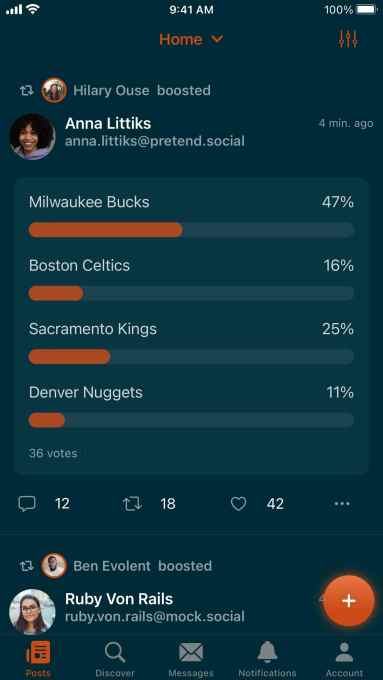Discover the best digital marketing tools, normally $27 as my free gift. AUDIT|Success
Seoul-based e-commerce company Levit, an operator of the shopping app Alwayz, wants to make the shopping experience more entertaining and affordable. The two-year-old startup has recently raised $46 million in a Series B round of funding led by DST Global Partners with participation from new investor BOND and existing backers KB Investment, Mirae Asset Capital, Korea Investment Partners, GS Ventures, and Klim Ventures. With the latest round, Levit has raised a total of $67 million since its inception.
Alwayz offers a wide range of products, from daily groceries to home appliances and apparel to cosmetics. But it deviates from typical e-commerce platforms by incorporating social features like short videos and gamification into online shopping to draw customers.
For example, users can earn rewards by playing games nurturing the pig character Don-Don-E, or receive crops in real life after successfully cultivating crops by playing a game called AI-Farm in its app. In addition, Alwayz recently introduced a “Shorts” feature that allows users to watch short videos and, in return, get discounts when shopping.
It also attracts customers with low-price products. Users get discounts if they purchase products with other users or their friends on Alwayz. Alwayz’s C2M (consumer-to-manufacturer) model removes layers of distributors, including logistics, inventory and other intermediaries, allowing the app to offer high-quality products at lower prices. Most sellers on Alwayz are producers or manufacturers, according to the company.
“Our average product selling price is around 20% cheaper than the lowest prices on other e-commerce platforms,” chief executive officer and co-founder of Levit, Jaeyun Kang, said. “This has been made possible because lesser-known brands, which traditionally spent nearly 30-50% of the selling price on marketing in search-based [e-commerce] platforms, can now sell their products more efficiently on Alwayz through discovery-based shopping.”
Levit says games and social features help users enter the Alwayz app daily and be exposed to various products, even if they do not immediately intend to buy.
“As users enjoy the engaging experience on our platform, we leverage their high engagement to expose them to a range of items through our recommendation algorithms. This way, even if items are from lesser-known brands, customers can discover and buy them,” Kang said. Levit describes this user experience as a “discovery shopping experience.”
When asked about how it ensures low-priced products are high-quality, the company CEO said its recommendation algorithms assess all items on Alwayz, using factors such as conversion and customer repurchase rates. “We ensure an item isn’t widely exposed until it has proven its quality, and this approach allows us to maintain the quality of items,” he said.

Image Credits: Levit / Alwayz
Since its launch in September 2021, the startup claims Alwayz has amassed 1 million users within three months and has reached 7 million users, 2.5 million monthly active users (MAUs) and 1.3 million daily active users (DAUs) in one and a half years. Alwayz aims to secure more than 12 million registered users, 5 million MAUs, and 3 million DAUs by the end of 2023, Kang said, adding that it has nearly 20,000 sellers registered on the app.
Three founders of Levit — Kang, Sangwoo Park and Hyunjik Lee — have set their sights on two ambitious goals: establishing Levit as the leading e-commerce company in South Korea and capturing a significant share of the global discovery shopping market.
Alwayz has to compete with local peers, the likes of Coupang, Naver and Kurly, but its business model is more similar to the U.S.-listed e-commerce Pinduoduo and China-based AliExpress in terms of social features and lower-price products.
The outfit, which has 20 people on the team, is planning to bring its platform to the U.S. market as early as this year.
“Disruption in horizontal commerce is rare,” said Daegwon Chae, general partner of BOND. “Dislodging large incumbents requires meaningfully better, faster, cheaper experiences, which are difficult to achieve in a mature and efficient market. Alwayz has broken through with its relentless focus on user experience, engagement and value.”
Korea’s Alwayz aims to make online shopping fun again with $46M in funding by Kate Park originally published on TechCrunch
source https://techcrunch.com/?p=2563168





